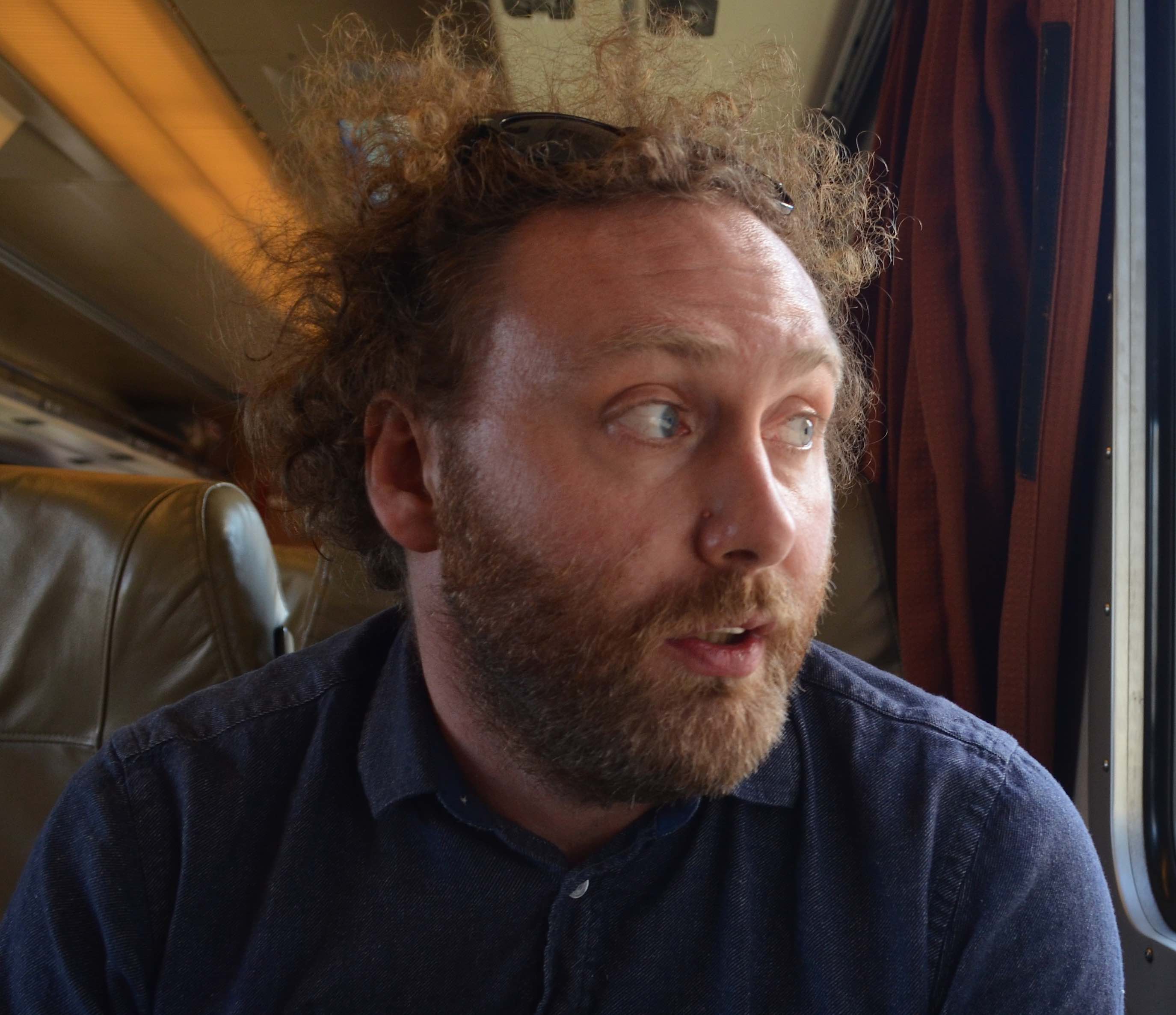
My Expertise
Creative applications of artificial intelligence
Creative AI
Creative applications of technology
Computational creativity
Interactive media
Electronic music
Creative coding
Creative applications of "internet of things" technologies
Theories of the evolution of human musical behaviour
Generative music and art
Music technology
Keywords
Fields of Research (FoR)
Digital and electronic media art, Interactive media, Interaction and experience design, Music composition and improvisation, Digital and Interaction Design, Music, Artificial Life, Interactive Media, Electronic Media ArtBiography
Keywords and research areas: Computational Creativity, Generative Music & Art, Musical Metacreation, Interactive Media Art & Design, Creative AI.
Oliver Bown is an academic interested in understanding artistic and musical creativity using digital technology, and its relation to society.
He has worked in the field of Computational Creativity — the study of the automation of creative tasks — since 2007, seeing massive transformations in...view more
Keywords and research areas: Computational Creativity, Generative Music & Art, Musical Metacreation, Interactive Media Art & Design, Creative AI.
Oliver Bown is an academic interested in understanding artistic and musical creativity using digital technology, and its relation to society.
He has worked in the field of Computational Creativity — the study of the automation of creative tasks — since 2007, seeing massive transformations in technological capability leading up to the current explosion in AI art and music. During this time he has worked as a creative coding practitioner, making his own music improvising systems which have been featured at the London Science Museum, the North Sea Jazz Festival, BBC Radio 3, the Computer Music Journal, the New Interfaces for Musical Expression Conference, and the International Symposium on Electronic Art, amongst other venues.
As a practitioner he has also worked with other emerging media arts technologies, most notably low-cost networked computing for distributed audio and visual experience design. His collaborations with media arts collective Squidsoup have involved the development of massively multiplicitous distributed audio arrays, exhibited worldwide at venues including Kew Gardens in London, The Scottsdale Museum of Contemporary Art, Burning Man, and Salisbury Cathedral UK. He developed this work to enable rich audio synthesis over distributed networks with his HappyBrackets framework for distributed creative coding, which has been used in the commission of further multiplicitous media artworks.
Parallel to this creative practice, his research uses diverse methodological approaches to understanding technology, art and creativity, centred on a strongly social perspective on creative art and music practice. His 2021 book Beyond the Creative Species (MIT Press) summarises this body of work, applying literature on the psychology and social dynamics of creativity to questions of how we understand the creative autonomy of machines, how we design for interactions with creative AI, and how creative AI will impact cultures of creative practice. Related to this he is interested in how evolutionary theory provides a powerful framework for thinking about the dynamics of complex sociotechnical assemblages, connecting the work of evolutionary theories such as niche construction and multi-level selection theory with social theories such as actor-network theory and Bourdieu’s field of cultural production. His research methods combine creative practice research, design research and anthropological methods.
He is also a member of the UK electronic music duo Icarus, and the Australian improvising ensemble Tangents, an Australian Music Prize nominated band who have had their music reviewed in the Australian, Pitchfork, and SMH and featured on ABC radio and the BBC, amongst other media channels.
My Research Supervision
Supervision keywords
Areas of supervision
Creative AI studied from practice-based, design, and sociological perspectives.